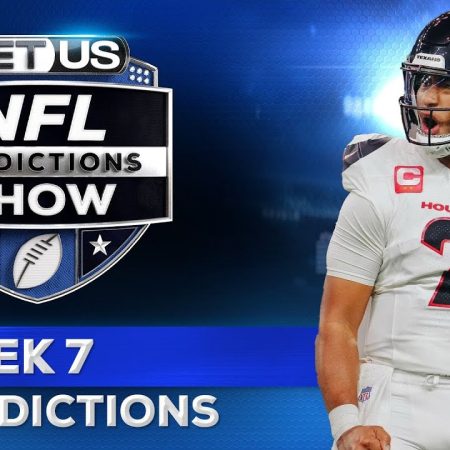Video Summary
For every sports enthusiast, the Super Bowl is the ultimate sporting event, and with its massive following, it has become a goldmine for sports betting. In fact, the amount of money wagered in Nevada's legal sports books has surged over the years, hitting the $100 million mark in 2014 alone. But how do these sports bookmakers set their odds and make their predictions? The answer lies in algorithmics, where data-driven models make decisions based on probability and risk assessment.
A sports bookmaker is essentially a risk analyst, tasked with determining the realistic probability of an event occurring and translating those probabilities into odds. This calculation is done using an algorithm, which takes into account a range of variables, such as a team's past performance, injuries, referees, and even the odds of a team being on a hot or cold streak. The algorithm then builds a model that offers the best return, taking into account the potential payout, the probability of the outcome, and the bookmaker's need to make a profit.
In the complex world of sports betting, the odds are not based on simple coin tosses, but rather on the intricate calculations of these data-driven models. And yet, despite the complexity, the allure of sports betting remains strong, with many fans eager to place their bets on the outcome of the big game. For those looking to get involved, understanding the basics of algorithmics and how it shapes the world of sports betting is crucial to making informed decisions and maximizing the potential payout.
Sports betting is big business in America and no event is larger for American sports than the Super Bowl. » Subscribe to NBC …
Sports betting is big business in America and no event is larger for American sports than the Super Bowl. » Subscribe to NBC …
















